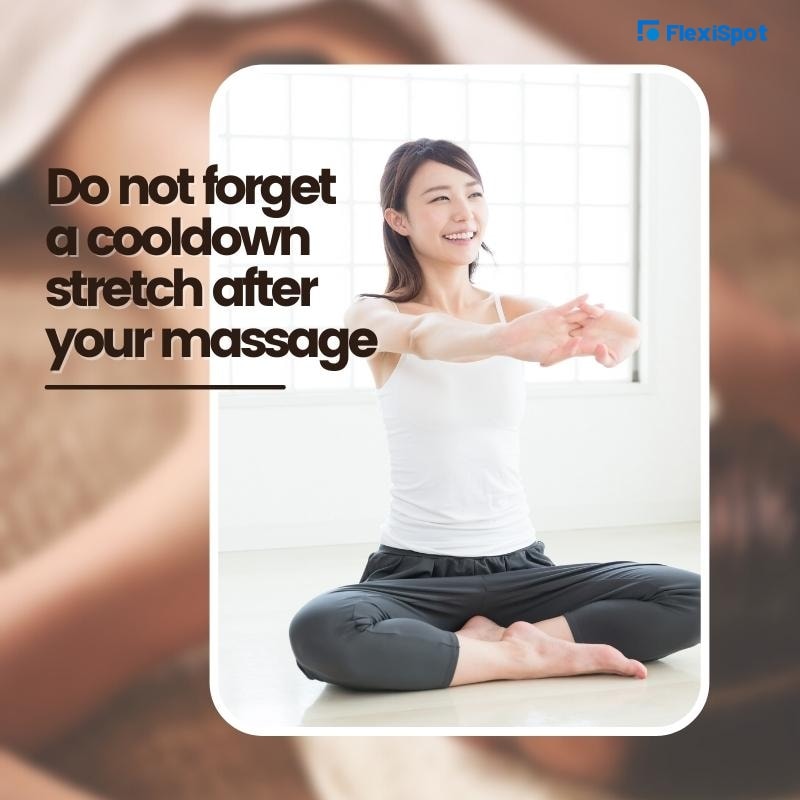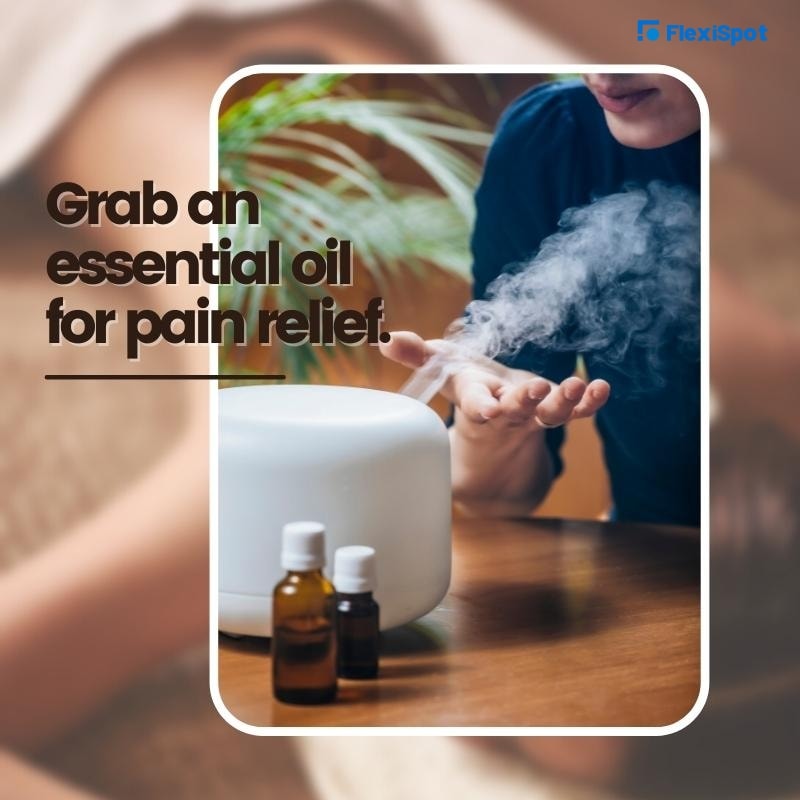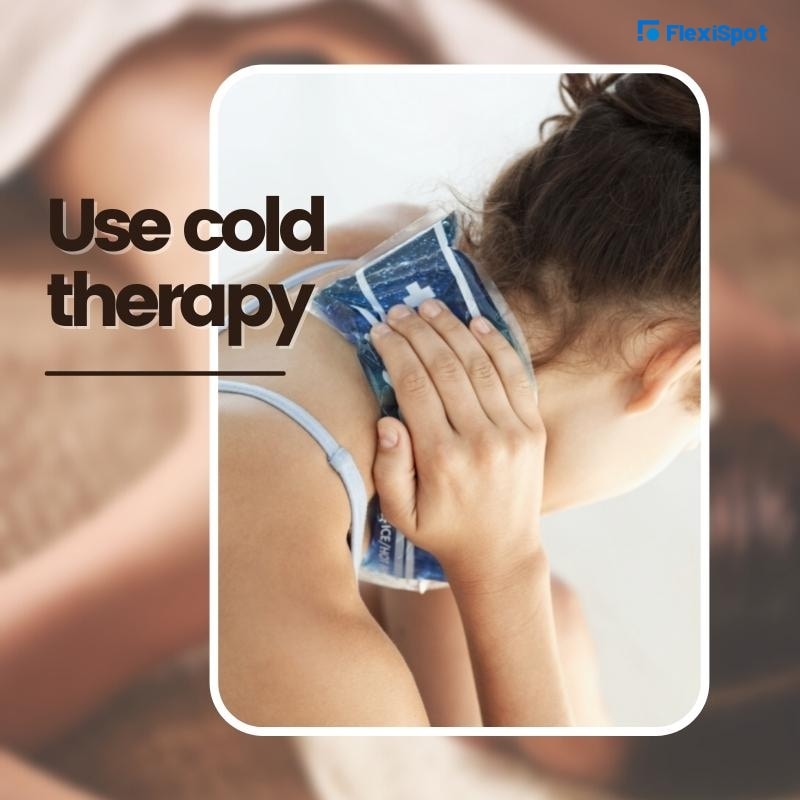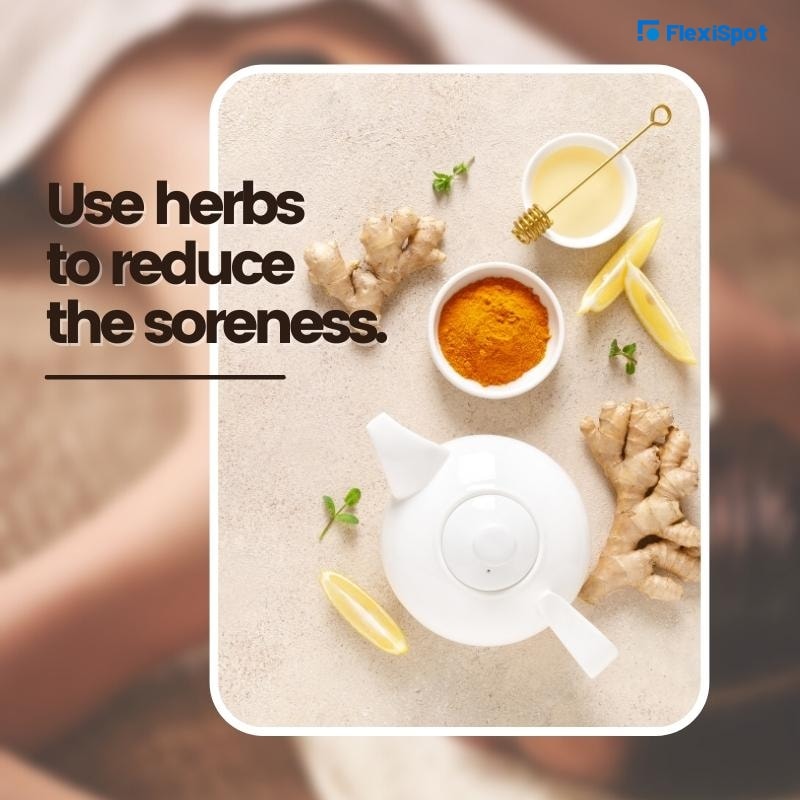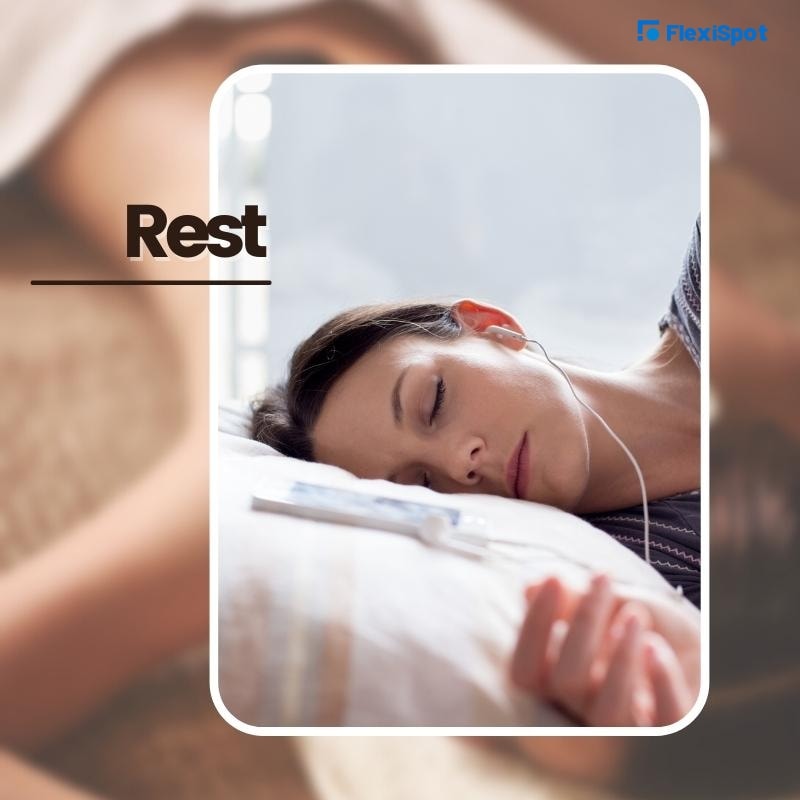It’s a relaxing day at the spa where you’re scheduled to get a whole-body massage for an hour or two. The lights are dimmed, you remove your robe, and lie flat on the massage bed. The experienced hands of the masseuse loosen your tight muscles and before you know it, you’ve already dozed off to dreamland.
You got the massage of your dreams only to wake up the next day feeling extremely sore like you came home from a gruelling workout at the gym and not from a supposed relaxing session at the spa. All you wanted was a break to refresh, recharge, and relax. You didn’t know that you would end up with sore fest aftermath.
Why Does a Massage Cause Discomfort Sometimes?
Relax because this is not an isolated case. So many people experience post-massage soreness and fatigue that it is in fact normal. There are a number of factors as to why it happens. It may be because you opted for a deep tissue massage. Or it has been a long time since you last had one. You didn’t drink enough water before and after the message. Or it’s probably the first time ever that you signed up for a professional session.
In reality, a traditional manual massage equates to a high-intensity workout session. Therapists say that it ramps up the blood and lymph flow to your muscles that allows access to nutrients, all while releasing toxins. That soreness you’re feeling is called by experts as the “inflammatory healing mechanism.” Your body must go through it to maximize the benefits of a massage and get something similar to the strain you feel after exercising.
There’s nothing to be frantic about because, after a day and a half, the inflammation and discomfort would wear off if the massage was gentle and tolerable. To alleviate the post-massage soreness more quickly, you should drink lots of water, get enough sleep, and eat a snack as soon as the massage ends.
Unfortunately, there are also other cases where your post-massage soreness is not a good sign. It could have been caused by a massage therapist who is not that experienced or a specialist who has a poor technique. Because they applied excessive pressure and kneading (forcing the twisted muscle knots to relax), it did your body more harm than good. This means that your body won’t be flushing out any toxins. Those that were spilled from your disintegrated muscles would be circulated and end up damaging your kidneys.
So just because you’re sore, it doesn’t automatically mean the massage was good for your body. It could actually be sore because of a serious muscle crush injury called rhabdomyolysis, a condition that intense workouts cause to people and provides an explanation as to why massage and strenuous exercise are said to be similar.
What to Do When You Feel Sore After a Massage
1. Drink lots of water.
Do not forget to stay hydrated before and after your massage. The water in your system would help flush away toxins that sprung up during your massage. Remember to avoid alcohol, soda, coffee, or any caffeinated beverage. If you want to drink something else other than water, you may hydrate yourself with coconut water, a fruit or vegetable juice, or a cup of herbal tea.
2. Do not forget a cooldown stretch after your massage.
As with a strenuous exercise, you have to cool down after your massage is done. A gentle stretch is already enough to relieve your body from soreness. It will release tension from the muscles, improve the flexibility of your body and increase your blood circulation. Not only will it reduce the soreness, but it can also help you have lower stress levels and a quieter mind.
3. Take a hot shower or a sauna after your massage.
Warming the body promotes relaxation. Healthline recommends adding baking soda or Epsom salt to a hot bath. Soak in it for up to 30 minutes of heat therapy. Another remedy is to use a hot rice bag if you don’t have a heating pad and place it gently on any painful area for 15 minutes.
4. Grab an essential oil for pain relief.
Your stack of essential oils may come in handy after a massage. All you need is to add a few drops to your bath, use it with a diffuser, mix it with a carrier oil so that you can apply it on the skin directly, or use the essential oil as a compress. Peppermint oil, Helichrysum oil, and marjoram oil are used for pain, tension, and swelling of muscles. You may also use lavender, eucalyptus, or rosemary oil.
5. Use cold therapy.
Cold therapy also works to alleviate muscle soreness. You may use an ice pack as a compress and place it on any painful area for 15 minutes. This should be done a few times throughout the day. Another trend at the moment is dipping in an ice bath that could relieve inflammation of your muscles, aid in blood flow, and reduce soreness. If the area is just small, you may always use a small ice container to only target that spot.
6. Use herbs to reduce the soreness.
Go the natural route and tap into the magic of herbs in stimulating muscle relaxation and reducing inflammation. This can be taken as a capsule or drank as a tea. Herbs that are good for muscle tension include turmeric, black pepper, ginger, cinnamon, garlic, cayenne, and clove.
7. Rest.
Relieving your body from post-massage soreness is as simple as getting rest. Dedicate time to rest after a massage. Put your feet and legs on a height by tucking in pillows underneath. You could do this while listening to music, reading a book, watching a series, or sleeping.


